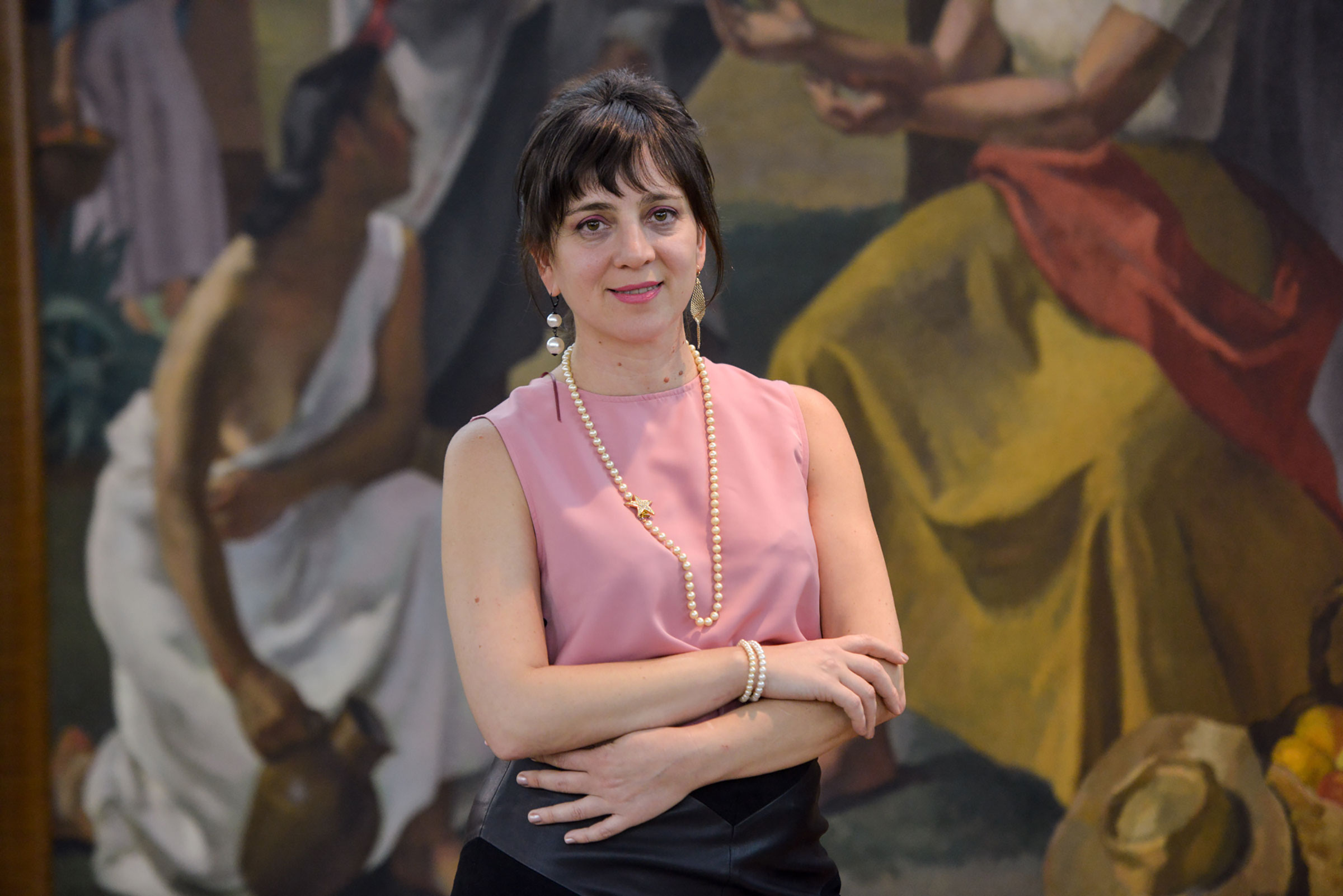Pandemic-related job losses have hit women harder than men. But in Argentina, economist Mercedes D’Alessandro is determined to soften the blow that this period poses for gender equality in the workplace. After five years of analyzing the subject through her media outlet Economía Femini(s)ta, in 2020, D’Alessandro became the Argentine government’s first ever national director of gender, equality and economy. In September, her office published a report quantifying the economic value of unpaid care and domestic work—three-quarters of which is carried out by women in Argentina—at 15.9% of GDP, more than all other sectors. That understanding of women’s labor underpins the 2021 national budget, targeted to support women through measures such as expanded public infrastructure for childcare and requirements for state construction contractors to employ more women. Going forward, one of D’Alessandro’s priorities is to lengthen Argentina’s two-day state-mandated paternity leave (mothers get 90 days). But she says all economic policy in Argentina needs to account for gender. Thanks to her, it likely will. —Ciara Nugent
- The 100 Most Influential People of 2024
- Coco Gauff Is Playing for Herself Now
- Scenes From Pro-Palestinian Encampments Across U.S. Universities
- 6 Compliments That Land Every Time
- If You're Dating Right Now, You're Brave: Column
- The AI That Could Heal a Divided Internet
- Fallout Is a Brilliant Model for the Future of Video Game Adaptations
- Want Weekly Recs on What to Watch, Read, and More? Sign Up for Worth Your Time
